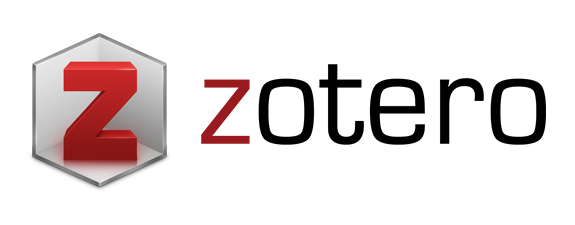KAJIAN HADIS DI BANTEN: Studi Pada Pondok Pesantren Masa Reformasi Dekade Ke-2
DOI:
https://doi.org/10.32678/holistic.v2i2.919Keywords:
Hadis, Ilmu Hadis, PesantrenAbstract
As a basis on which the dissemination of Islam in Indonesia has laid over 500 years, Pesantren (Islamic boarding educational institution) has thought various Islamic disciplines, including hadis (prophetic tradition). There has been abundance of hadis literatures to be thought in Pesantrens -to mention some of them- such as Bulûgh al-Marâm, Riyâḍ al-Ṣâliḥîn, al-Aẓkâr, Ṣaḥîḥ al-Bukhârî, Ṣaḥîḥ Muslim, etc. All of these books together with the learning activities have raised particular academic ambiences in Indonesia’s Muslim societies.
Compared to another disciplines of Islamic studies, such as Islamic Jurisprudence, Qur’anic exegesis, and Arabic language, hadis studies in Pesantrens unfortunately can be deemed as in stagnancy, even in this time. The fact about the limited number of distinguish scholar on the discipline confirms this claim.
This writing is aimed at portraying the map of learning development of hadis discipline in several Pesantrens in the province of Banten through hadisliteratures, as well as the methods of learning and factors that slow down the study of hadis.
Downloads
Downloads
Published
Issue
Section
License
Authors who publish with this journal agree to the following terms:
-
Authors retain copyright and grant the journal right of first publication with the work simultaneously licensed under a Creative Commons Attribution License that allows others to share the work with an acknowledgement of the work's authorship and initial publication in this journal.
-
Authors are able to enter into separate, additional contractual arrangements for the non-exclusive distribution of the journal's published version of the work (e.g., post it to an institutional repository or publish it in a book), with an acknowledgement of its initial publication in this journal.
-
Authors are permitted and encouraged to post their work online (e.g., in institutional repositories or on their website) prior to and during the submission process, as it can lead to productive exchanges, as well as earlier and greater citation of published work (See The Effect of Open Access).


















